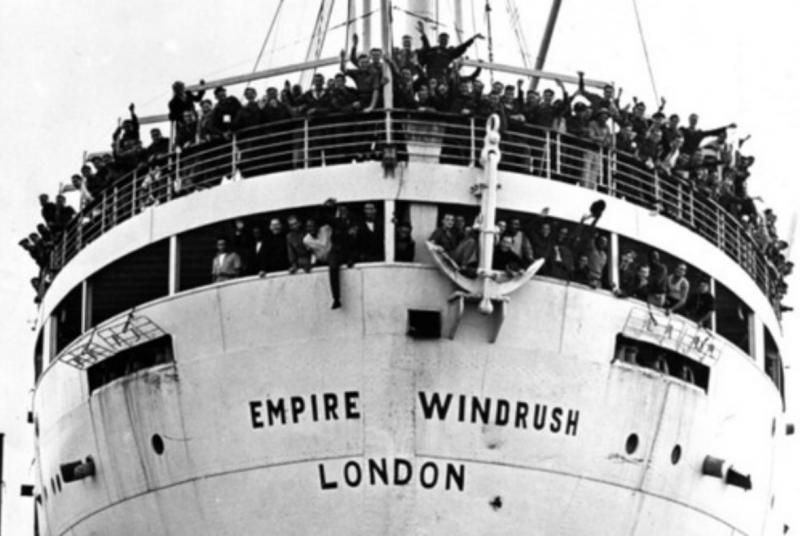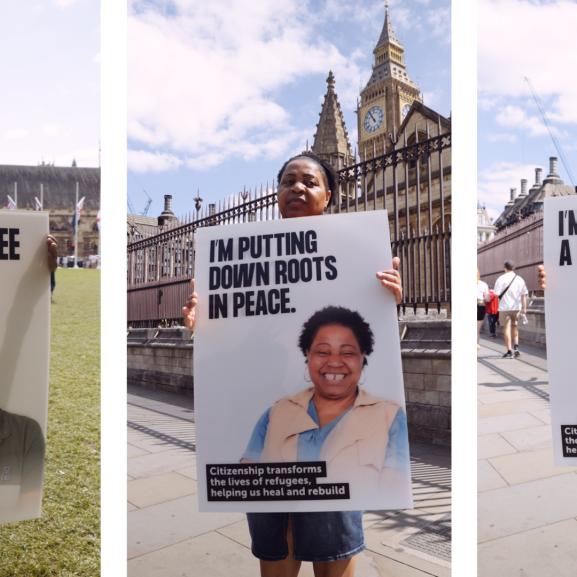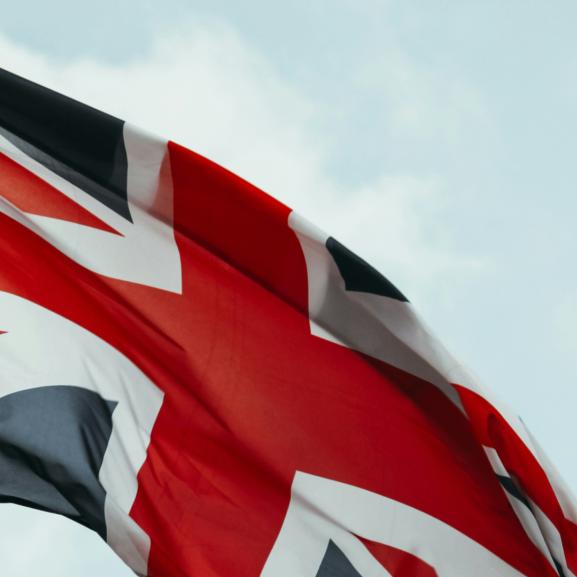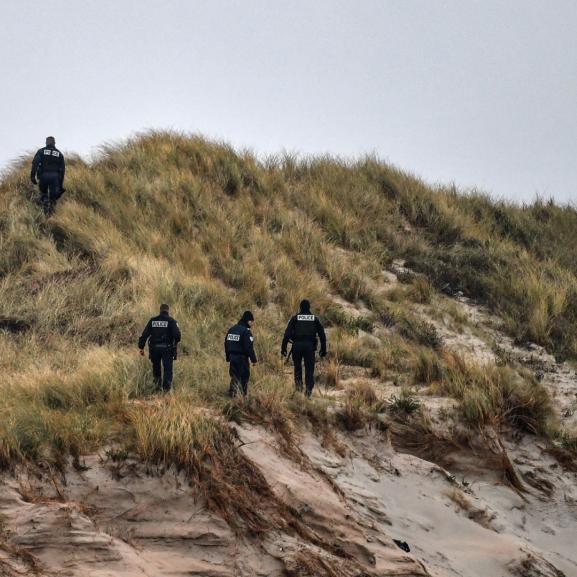Windrush Scandal and the Hostile Environment
Find out more about the Windrush scandal, what it means in relation to the recent #Jamaica50 deportations and how you can take action against it.
What is the Windrush scandal?
The Windrush scandal, which began in 2018, exposed an inhumane and inefficient Home Office decision-making system in need of urgent transformation. It shattered the lives of individuals and families, exposing the UK’s inhumane and inefficient asylum decision-making system.
The scandal underlined how the government's 'hostile environment' agenda had destroyed the lives, jobs and homes of the Windrush generation.
What is the Windrush generation?
The Windrush generation refers to the half a million people who came to the UK from the Caribbean between 1948 and 1971. The name is a reference to one particular ship, MV Empire Windrush, which transported almost 500 passengers to the UK’s shores with the aim of meeting post-war worker shortages. Many of the people aboard the ship were children.
The influx from the Caribbean ended in 1971 with the 1971 Immigration Act, which gave Commonwealth citizens already living in the UK indefinite leave to remain in the country.
Exactly how many people belong to the Windrush generation is unclear. Many people who came over in the 23-year period arrived as children, travelled on a parents' passport, and never had travel documents.
How are the Windrush generation treated?
In 2012, under the Conservative-Liberal Democrat coalition government, the Hostile Environment policy came into place. The policy aimed to make life as difficult as possible for immigrants living in the UK without leave to remain, hoping that they would leave voluntarily.
The policy was spearheaded by Theresa May, who was Home Secretary at the time. It enforced ID checks by the NHS, landlords, banks, etc. and instructed them to refuse their services if anyone was unable to prove residency in the UK.
The policy meant that landlords and business owners who did not comply would be faced with fines of up to £10,000.
From 2013, people of the Windrush generation started to receive letters claiming that they had no right to be in the UK. Before long, some people of the Windrush generation were now being treated as ‘illegal immigrants’ and started to lose their jobs, homes, benefits and access to the NHS. Some were placed in immigration detention, deported, or being refused the right to return from abroad.

When did the ‘Windrush scandal’ start?
It was as early as 2013 that the Home Office received notice that people from the Windrush generation were being treated as undocumented immigrants.
The same year, there were attempts by Caribbean leaders to shine a light on the issue to British ministers. But these attempts were ignored, with a direct refusal from Downing Street to meet with the leaders.
In 2017, various newspapers started to pick up on the deportations, but it wasn’t until 2018 that it was acknowledged in parliament, finally appearing in Prime Ministers Questions in March 2018.
It’s during this period that it became known as “the Windrush Scandal.”
The Hostile Environment policy, created to show a tougher stance on immigration, had spiralled out of control, raising the bar of evidential proof to heights that were impossible to reach.
Consequently, people who had spent their entire lives in the UK were wrongly thrown in immigration detention and sometimes deported out of the country.
What is the Wendy Williams Lessons Learned report?
In light of the Windrush Scandal in 2018, the independent advisor Wendy Williams was commissioned by the government to investigate how the scandal escalated, what went wrong, and how to prevent it from happening again.
But the full report has never been published.
In 2019, parts of the report were leaked, revealing a broken Home Office failing in its legal duty to counter racial discrimination. The leak also showed that evidence of the scandal had been actively ignored by British ministers and that they had failed to be honest with the public about the risks of their policies.
At the same time, we published the Lessons Not Learned report which makes a series of targeted recommendations to transform the ‘inhumane and inefficient’ asylum determination system. But for any of these to succeed, we argue that the government must ‘hit the reset button’ on the Home Office. Change is possible but will only be delivered if there is a commitment to a change in culture and approach from the very highest levels of government.
We believe that the Home Office should not be able to operate on a ‘business as usual’ basis while the Wendy Williams Lessons Learned report remains unpublished.
Here’s why.
Why was there a deportation from the UK to Jamaica in February?
Back in February, the government tried to deport yet another group of people who were born in the Caribbean but had spent most of their lives living in the UK.
This time, however, the Home Office was deporting them on the basis that they were “foreign national offenders.”
The night before the deportations were due to take place, there was a court ruling against a number of the deportations on the basis that some who had been held in Colnbrook and Harmondsworth detention centres had been without working mobile phone signal, leaving them unable to access legal advice.
Though the court ruled in favour of the detainees, the Home Office tried to appeal this decision. The Home Office’s appeal failed, leaving 17 people left on the flight that departed on Tuesday 11th February. In the end, 25 people were prevented from being deported.
The deportation has reopened wounds from the Windrush scandal, once again raising questions about the government’s Hostile Environment policy.
How does the Windrush scandal affect survivors of torture?
The Windrush scandal exposed an inhumane and inefficient decision-making system in need of urgent transformation. The flight this week is further evidence that the system is broken, and it’s affecting other immigrants, asylum seekers and refugees too.
#PublishTheWindrushReport - you called, they listened.
In February, we called on you to help us put pressure on the Home Secretary Priti Patel to publish the Wendy Williams Windrush review. In just a matter of weeks, almost 9,000 of you answered.
Only a month after launching the action, the report has finally been published.
We can reveal that the review puts beyond any doubt what we have said all along: that the scandal was not an isolated mistake. Read our statement in full.






